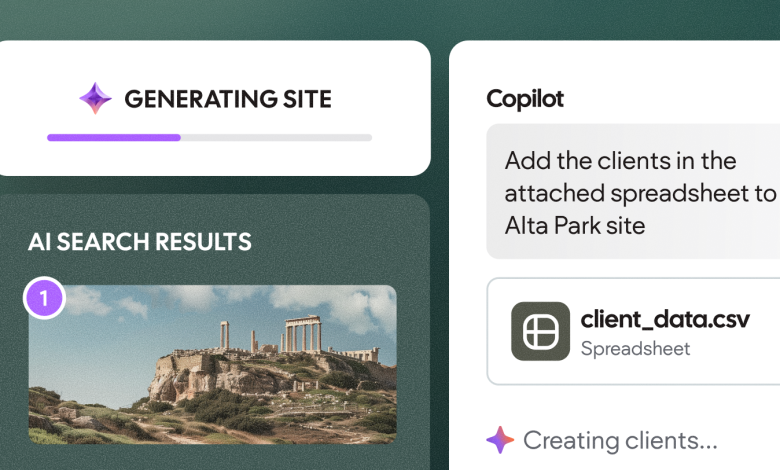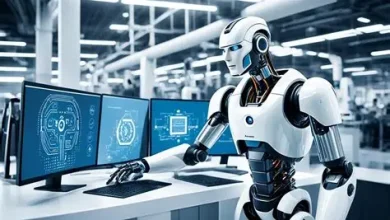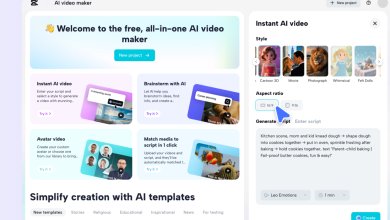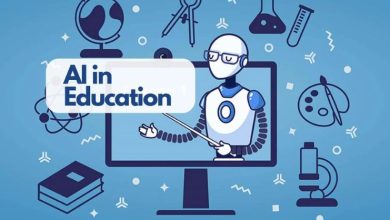
AI is driving unprecedented agility, innovation, and scalability across the marketing industry. Creativity is no longer restrained by cost, time, or resources, and new technologies are empowering teams to work more easily at scale. The monumental shifts brought about by AI are rewriting the playbook for scalability and closing the gap with traditionally more scalable SaaS companies. For marketing agencies, valuations, operations, and perhaps most importantly, results, are being altered practically overnight and it’s time for agency owners to adapt to the opportunity.
Everyone is fixated on when we’ll see the first single-person unicorn, but in the meantime, AI’s operational gains are being felt well beyond SaaS and closing a longstanding valuation gap. According to iMerge Advisors, the EBITDA multiples for high-growth SaaS firms are around 15–25x in 2025, whereas agencies typically hover at 4-10x. AI brings with it the potential for agencies to be more efficient and increase their valuations closer to where they are in the SaaS space, inevitably bolstering agency valuations. Improvements in client services, predictive campaign planning, content production, performance analytics and streamlining workflows are just some of the ways that the engine of AI is driving agency growth. In fact, according to a recent report by McKinsey, redesigning workflows has the biggest effect on an organization’s ability to see EBIT impact from its use of generative AI.
A great example of AI’s impact on agency workflow is the dramatic shift in how agencies build, design, and optimize websites. Agency-grade website builds used to take weeks and cost thousands. Today, AI-powered tools are changing that completely, where SMBs can build new websites in minutes or even seconds without the help of agencies, by using tools such as ChatGPT and Lovable. As a result, the role of agencies are shifting towards creating more sophisticated sites, bespoke implementations, and the web development of custom features that their clients need. With the help of AI tools, they can achieve it much more quickly without charging an arm and a leg. Additionally, some of the implementation can be done directly by digital marketers, web professionals and product people within the agency.
Another example is AEO. Marketing agencies now have a unique opportunity to help businesses and brands become discoverable in the era of AI. As platforms like ChatGPT and other large language models (LLMs) continue to evolve, they represent a new frontier for visibility and customer engagement which is still being understood and discovered.
Agencies that understand how to optimize content, structure information, and build brand presence on these AI-driven platforms could capture an early-mover advantage, similar to how companies like Zynga leveraged Facebook’s viral loops in the platform’s early days. By guiding businesses to be found, recommended, and trusted in AI-driven interactions, agencies can create a new value proposition that positions them and their clients at the forefront of the next generation of digital discovery.
The question in marketing often arises: do we even need agencies or humans working as the middleman? In fact, it is impossible to use AI without a person overseeing all the content and data generated, especially in marketing. The key will be orchestrating a unique set of tools (some of them powered by AI) to create a digital marketing strategy that can help a business grow. Additionally, if you ask AI to build 10,000 websites, they will all be exactly alike. While AI can make a process faster, it’s the human authenticity, and originality that will make it stand out. AI does not replace the creative ingenuity of marketers, it just helps them work differently.
Marketing professionals have always been early adopters of emerging platforms, with their business models built on creating trends, staying ahead of the curve and ensuring their clients are at the forefront of the latest developments. Typically when the marketing landscape becomes more fragmented and complex, there is an increased dependency by business owners on marketing professionals to provide sound guidance in these new uncharted waters. Artificial intelligence is proving to be revolutionary and comes at a time when agencies face the paradoxes of clients demanding more content, greater personalization, and faster turnarounds, often with tighter budgets and fiercer competition. Those who embrace AI now will lead the next generation of client success and ensure that their agencies rise to levels of high tech in the process.



